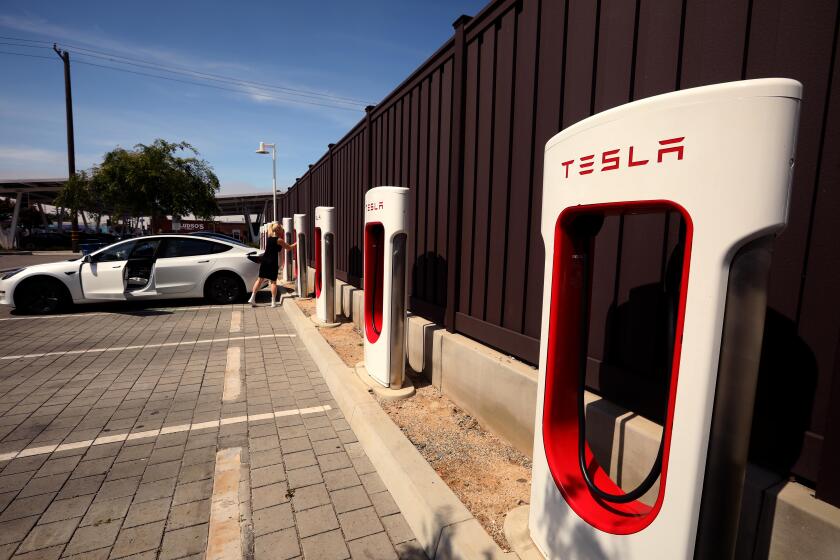ASIA WATCH
* GM Talking: General Motors Corp. is holding talks with a number of South Korean companies, including Daewoo Group, that could lead to a production venture or GM investment in the economically troubled nation. “We’re in talks with different people, and have been, with regards to strengthening our position in Korea,” GM spokesman Michael Meyerand said in Detroit. “I don’t think we’re that close to anything yet.” He said a report in Seoul’s Hankook Ilbo newspaper that GM would invest $5 billion in Daewoo Group before the end of February was “purely speculative.” The story quoted unnamed Daewoo officials, but Daewoo spokesman Lee Chung Seung said the news report was “totally groundless.” Last week, at the Detroit auto show, GM Chairman Jack Smith said the company was interested in taking advantage of South Korea’s deflated currency and would look at opportunities that offered a low-cost Korean production base for parts or vehicles.
*
* Garuda Defaults: PT Garuda Indonesia, a state-owned airline, defaulted on $8 million in payments to European consortium Airbus Industrie for aircraft on order, Agence France-Presse reported, citing a banking source. The default comes amid continuing Indonesian economic woes. The rupiah has lost 39% of its value against the U.S. dollar in the last two weeks after a 56% decline in 1997, increasing the foreign debt burden of Indonesian companies already laden with more than $100 billion in debt. The currency’s decline also prompted Garuda to revise down its 1997 profit forecast in December by more than 50%. Airbus spokeswoman Barbara Kracht declined comment on the report or on details of the financing plan for the order. French-based Airbus never delivers aircraft without first getting paid, she said. Kracht said Garuda has paid Airbus for six aircraft, all of which have been delivered. It has orders for three more A330-300s, which are scheduled for delivery after 2000. This would be the second time in two weeks Garuda has missed a debt payment. Last month, the company missed the payment on a $13.2-million, short-term promissory note to Taiwanese banks.
*
* Property Sales in Hong Kong: Hong Kong companies, stung by rising interest rates and a credit squeeze, are being forced to sell real estate at a loss to raise cash. Stelux Holdings International Ltd., which makes watch parts and invests in property, said it lost $123 million on two sales. Previously, Tung Fong Hung Properties (Holdings) Ltd. said it lost $13.7 million on the sale of 11 properties. The sales suggest property prices in Hong Kong--down 20% on average since the October stock market crash--have yet to hit bottom. That’s bad news for corporate profits, because at least seven of 10 Hong Kong companies invest in real estate. Even Hong Kong’s biggest companies are cutting prices to generate revenues. Sun Hung Kai Properties Ltd., the biggest developer, sold homes last week at almost half what they fetched a year ago. Interest rates in Hong Kong are surging as the territory gets sucked into Asia’s financial turmoil amid concern it may be forced to break its currency’s peg to the U.S. dollar.
*
* Pessimism in Japan: Japanese workers and companies are growing more pessimistic about the economy, putting a crimp in both consumer spending and capital investment, the government said. The Economic Planning Agency said in its monthly report that the economy remains at a standstill, resulting from a series of tax increases last year that derailed consumer spending and the nation’s four-year recovery. That, coupled with sliding confidence after several high-profile bankruptcies, led the agency to remove the word “recovery” from its assessment of the economy last month for the first time since January 1996. Still, the agency denies that Japan is on the verge of a recession. “Our assessment of the economy hasn’t gotten any worse, but shows how severe the situation is,” agency official Akira Furukawa said.



